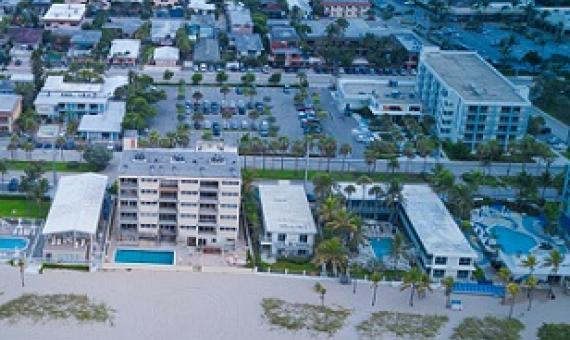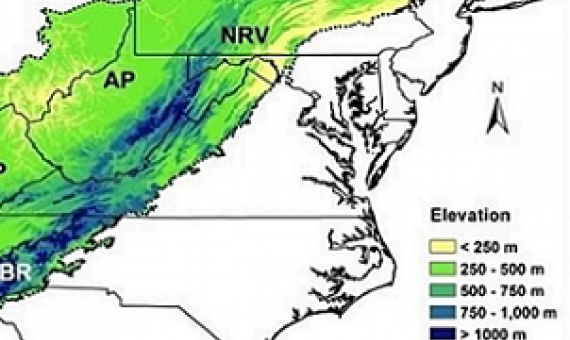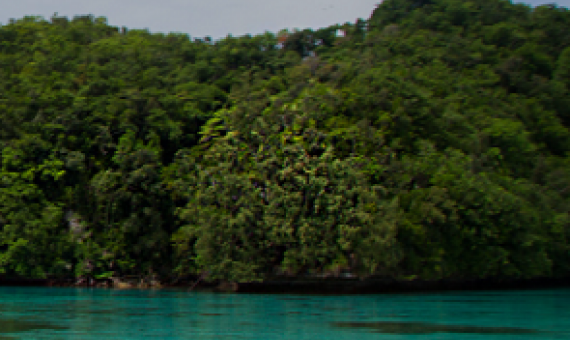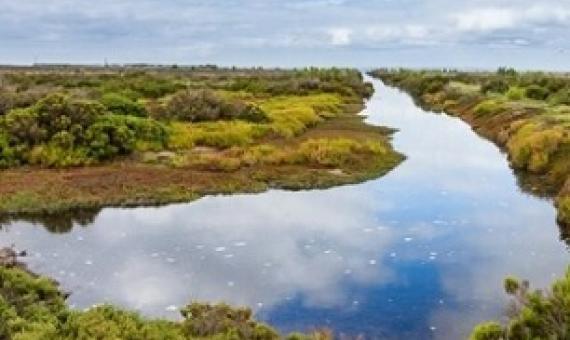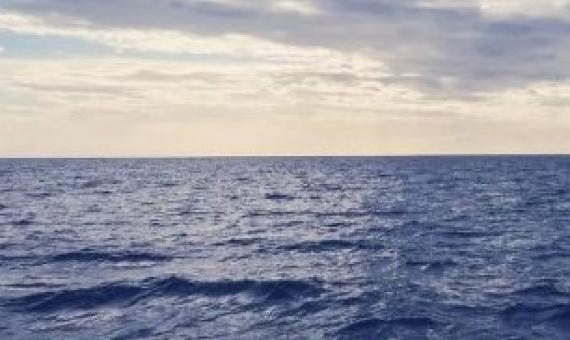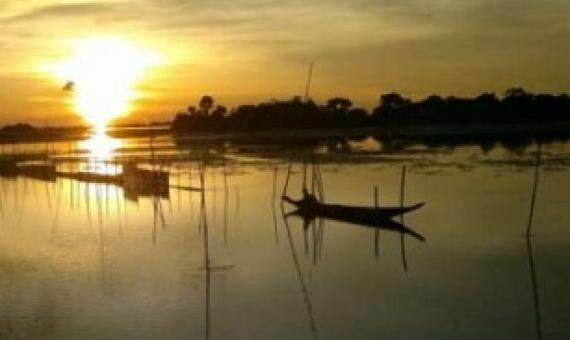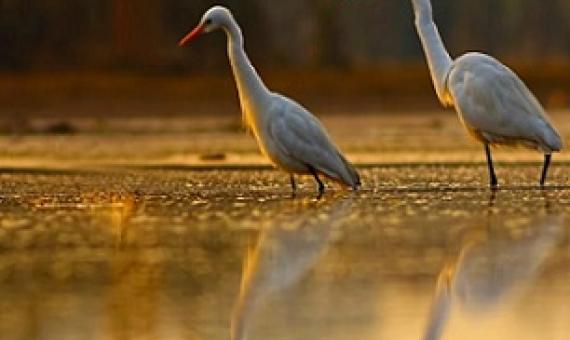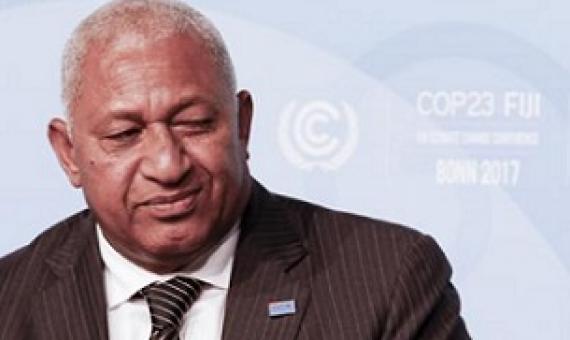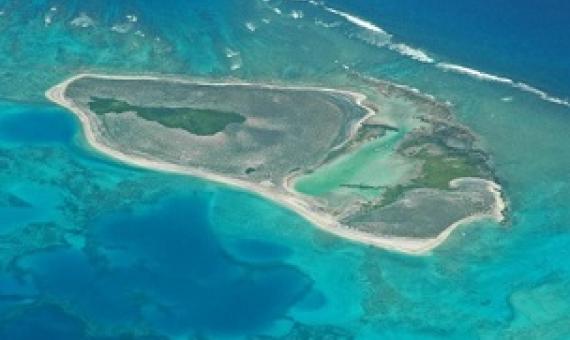Worldwide, 267 million people live on land less than two meters above sea level, which is most at risk from sea level rise, according to a study in Nature Communications.
As temperatures and sea levels rise as a result of climate change, flora and fauna are migrating into new and unknown lands to survive.
The Marshall Islands Foreign Minister Casten Nemra says his country's people have no intention of relocating due to sealevel rise.
Super high tides reaching 7 feet pushed inland at the end of March, again flooding coastal areas, homes and farms at low-lying areas. The flooding caused damage to properties, homes and producing farms.
Engineers from UNSW Sydney have designed and built a system that biomimics tides to help restore vital coastal wetlands.
Small island states in the Pacific are opening a new front in the fight against rising seas, to secure rights to an ocean area bigger than the moon that is home to billion-dollar fish stocks.
In coming decades as coastal communities around the world are expected to encounter sea-level rise, the general expectation has been that people's migration toward the coast will slow or reverse in many places.
America's coastal saltwater wetlands are on a course toward functional extinction in the coming decades. Their demise will come at the hands of steadily accelerating sea-level rise and relentless coastal development.
For his persistence and commitment to action against climate change for Pacific Island Nations, the UN Environment Programme (UNEP) has announced Prime Minister Frank Bainimarama of Fiji as a 2020 Champion of the Earth for Policy Leadership.
Across the globe, sea level rise is threatening island communities. But in the Pacific Ocean, some atolls—ring-shaped islands sitting on coral reefs—are actually expanding over time, posing a perplexing paradox: How can drowning islands also be growing?

